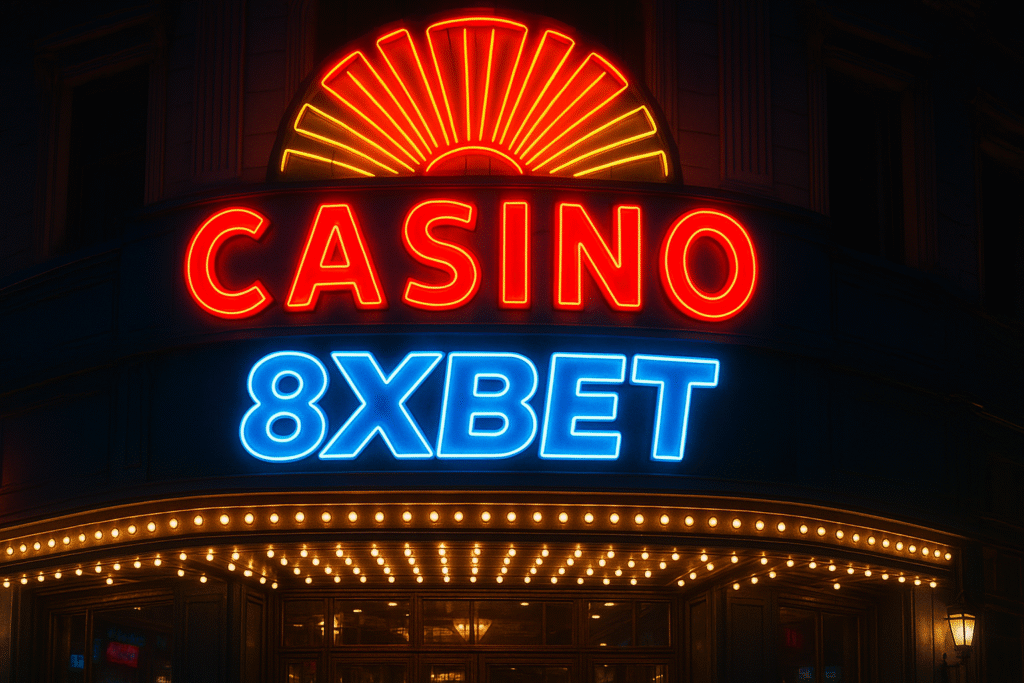
Fairness is one of the most important concerns for anyone playing at an online casino. Players want to know that every spin of the slot or shuffle of the cards is truly random and not rigged in the house’s favor. Reliable platforms like 8xbet invest heavily in systems and practices that ensure all games are fair transparent and trustworthy.
At the core of fair gaming is the use of Random Number Generators (RNGs). An RNG is a software algorithm that produces random sequences of numbers that determine the outcomes of games. For example it decides which symbols appear on a slot’s reels or which card is dealt in blackjack. Because the results are generated randomly neither the casino nor the player can predict or manipulate them. This technology forms the backbone of digital fairness.
But simply using an RNG is not enough. Reputable online casinos work with independent testing agencies to audit and certify their RNGs. Companies like eCOGRA iTech Labs and GLI evaluate the software to ensure it meets strict randomness and fairness standards. They test outcomes over millions of game rounds to confirm the RNG behaves as it should. Certified games give players confidence that the odds are genuine.
Game providers themselves also play a critical role. Top-tier developers are committed to fair play and must maintain their own certifications and audits. They design games with transparent RTP (Return to Player) rates that tell players the expected average payout over time. Casinos that partner with these reputable providers deliver games that are not only fun but also fair and honest about their odds.
Transparency is another important factor. Licensed casinos publish clear rules and payout tables so players understand how games work. Players can see the RTP values and know what kind of returns they might expect in the long run. Transparent information empowers players to make informed choices about which games to play based on their preferences and risk tolerance.
Live dealer games offer another level of fairness and trust. Instead of relying on RNGs players can watch real cards being dealt or wheels being spun in real time. Multiple camera angles and professional dealers ensure the process is visible and transparent. This live-action approach reduces doubts about computer-generated results and adds the social element many players enjoy.
Licensing and regulation are fundamental to fair play. Licensed online casinos are required to meet the strict standards of their regulators. These authorities enforce rules around game fairness player protection and financial security. Casinos that hold respected licenses undergo regular audits and inspections to prove they are operating honestly. Choosing a licensed casino is one of the best ways players can protect themselves.
Responsible gambling tools also support fairness by helping players stay in control. Features like deposit limits loss limits and self-exclusion options ensure players can gamble within their means. This reduces the risk of harm and demonstrates that the casino values its players’ well-being over short-term profit. A casino committed to responsible gambling is more likely to maintain fairness in other aspects of its operation.
Customer support plays a role as well. If a player suspects something is wrong with a game they should be able to reach out to the casino for investigation. Reputable casinos have responsive support teams that take these concerns seriously and work with game providers and regulators to address them quickly. This accountability is essential for maintaining player trust.
In summary online casinos ensure game fairness through the use of certified RNGs reputable game providers transparent rules licensing and responsible gambling practices. Players looking for a safe and fair gaming experience should always choose licensed casinos that work with independent testers and top-tier providers. Fair play is not just a marketing slogan it’s a promise that trustworthy casinos are committed to keeping.